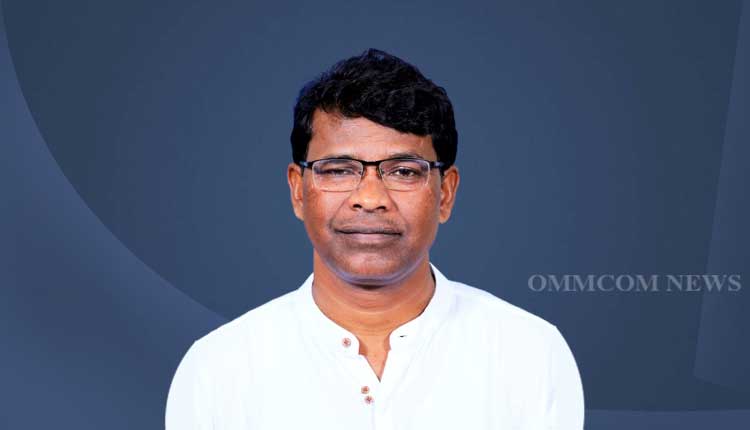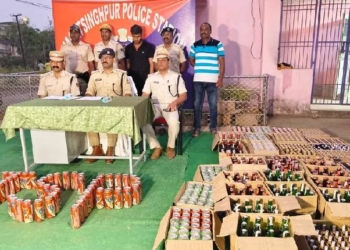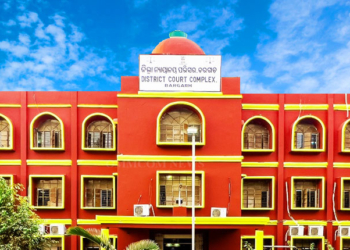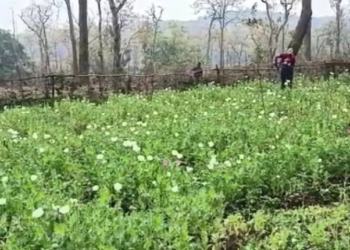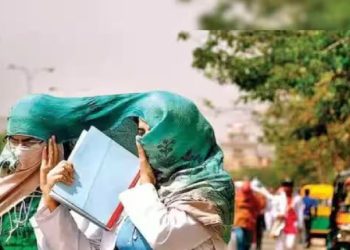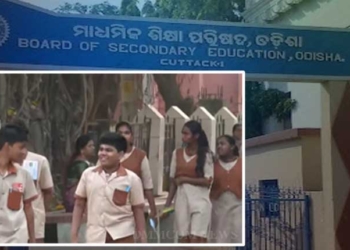Bhubaneswar: At the 85th Regional Board meeting of the Employees State Insurance Corporation (ESIC), Labour & ESI Minister Ganesh Ram Singkhuntia emphasized the need for coordinated efforts between the State and Central governments to ensure the success of the ESI scheme.
The scheme, which has already been implemented in 29 districts of Odisha, aims to provide comprehensive medical and cash benefits to workers across the state, including death pension (DB), accidental pension (PDB), maternity benefits, and sickness benefits.
The Minister highlighted the need to extend medical benefits, including primary, secondary, and super-specialty treatment, to workers in all corners of the state. He stressed the importance of ensuring hassle-free healthcare services in ESI dispensaries and hospitals, including the ESI Model Hospital in Rourkela and ESIC Hospital in Angul. Key focus areas will include proper treatment, timely supply of medicines, and maintaining cleanliness in these healthcare facilities.
Singkhuntia assured that super-specialty treatments for insured persons (IPs) will now be more accessible thanks to a convergence program between ESIC and the Ayushman Bharat Pradhan Mantri Jan Arogya Yojana (AB-PMJAY), as announced by Union Labour Minister Dr. Mansukh Mandaviya.
During the 194th meeting of the ESIC Corporation held on October 8, 2024, Dr Mandaviya approved the establishment of 10 new ESIC Medical Colleges in different states. Odisha is preparing to send a proposal for the approval of a new medical college on 25 acres of land already allotted in Andharua, Bhubaneswar.
The regional board meeting, attended by various dignitaries and officials, also focused on improving the healthcare infrastructure of ESI hospitals. Proposals included upgrading the Rourkela Model ESI Hospital to a 200-bed super-specialty facility and further developing the 200-bed Chandrashekharpur Hospital. Other key issues discussed included ensuring an adequate supply of medicines to 12 new dispensaries established by ESIC, and the improvement of medical services at Angul Hospital, which serves workers from NALCO, NTPC, and TTPS Talcher.
Additional discussions covered the provision of modern medical equipment, adequate staffing, and expansion of services at ESI hospitals in Balasore, Rajgangpur, Rayagada, Khorda, and Brahmapur. The inclusion of sectors like private security, transport, ASHA workers, Anganwadi workers, and miners under the ESI scheme was also debated. The meeting suggested raising the maximum monthly wage limit for ESI beneficiaries from ₹21,000 to ₹35,000 to include more workers under the scheme.
The board further discussed upgrading Chandrashekharpur Hospital with facilities such as an ICU, Physiotherapy Unit, MRI, and CT scan machines. Other recommendations included establishing new ESI dispensaries in Bonai, Rajamunda, and Damanjodi, and ensuring the availability of anti-rabies injections in all ESI hospitals. The inclusion of workers in vocational and non-vocational educational institutes, schools, shopping malls, hotels, petrol pumps, and hospitals under ESI benefits was also proposed.
Participants also focused on the early settlement of medical bills paid by beneficiaries and the need for more doctors, pharmacists, ambulances, and adequate medicines at Khuntuni (Athgarh) Dispensary, which serves workers from industries like Tata Steel Mining, Shree Cement, Ultratech Cement, and others.




